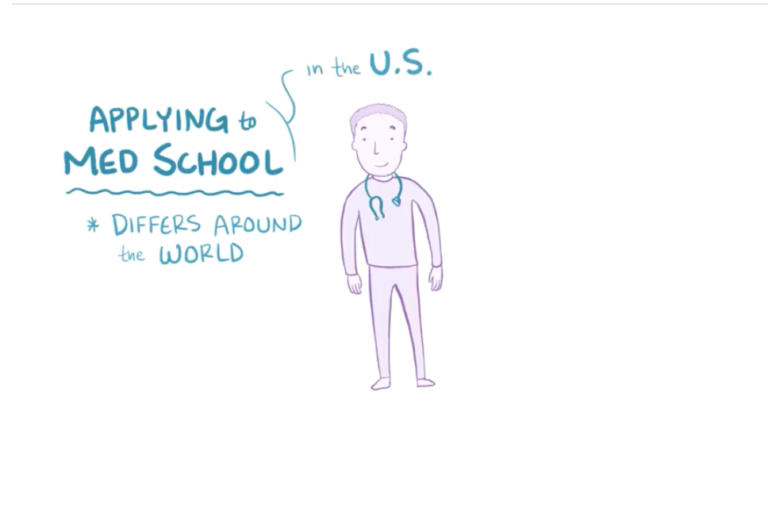
Not a Single-Species Affair: How Non-Human Life Impacts Human Medicine
As a first-year medical student, I lived near a veterinary program. The comparison often made—by ... Read more
Written by: Tess Woodring
Published on: March 13, 2017

As a first-year medical student, I lived near a veterinary program. The comparison often made—by ... Read more
Written by: Tess Woodring
Published on: March 13, 2017

If you’re applying to medical school this year, you’re probably starting to think about what ... Read more
Written by: AAMC Staff
Published on: March 9, 2017

In an ideal world, your first attempt at applying to medical school would also be ... Read more
Written by: Cassie Kosarek
Published on: March 8, 2017
Written by: Student Doctor Network
Published on: March 6, 2017

What is DocThoughts? Give us an intro. DocThoughts is a media platform that interviews thought ... Read more
Written by: Student Doctor Network
Published on: March 6, 2017

It’s almost here! The day you’ve been waiting for! Before we talk about how to ... Read more
Written by: Amy Rakowczyk
Published on: March 2, 2017

Dress like an intern, not a hipster, not an executive When I was in first-year ... Read more
Written by: Michael Mehlman
Published on: March 1, 2017
Written by: Student Doctor Network
Published on: February 28, 2017

Central to the skillset of every physician is the differential diagnosis; this is the process ... Read more
Written by: Brent Schnipke
Published on: February 27, 2017

Reposted from here with permission. As a medical student, I always carry naloxone in my ... Read more
Written by: Jawad Husain
Published on: February 22, 2017

As I enter the thick of studying for board exams, I’m reminded even more every ... Read more
Written by: Adelle
Published on: February 20, 2017

Ding. The ring of a bell emanates from invisible speakers overhead, and the pre-med waltz ... Read more
Written by: Emanuel Grant
Published on: February 16, 2017

With Match Week approaching, this is an exciting and hectic time. As you prepare for ... Read more
Written by: James P. Holloway
Published on: February 15, 2017

Mind mapping is a brainstorming technique that facilitates visualizing a comprehensive overview of one’s life ... Read more
Written by: Student Doctor Network
Published on: February 14, 2017

Valentine’s Day can be hard for med students, medical professionals, and their spouses because all ... Read more
Written by: Allie Hutchison
Published on: February 14, 2017

The Critical Analysis and Reasoning Skills (or CARS) section of the MCAT is occasionally placed ... Read more
Written by: Cassie Kosarek
Published on: February 8, 2017

Wondering if a career as a doctor would be a good fit for you? Already ... Read more
Written by: Student Doctor Network
Published on: February 7, 2017

Updated November 15, 2021. The article was updated to correct minor grammatical errors and to ... Read more
Written by: Brian Wu
Published on: February 6, 2017

Aside from long hours and lots of studying, the other guarantee in medical school is ... Read more
Written by: Amy Rakowczyk
Published on: February 2, 2017